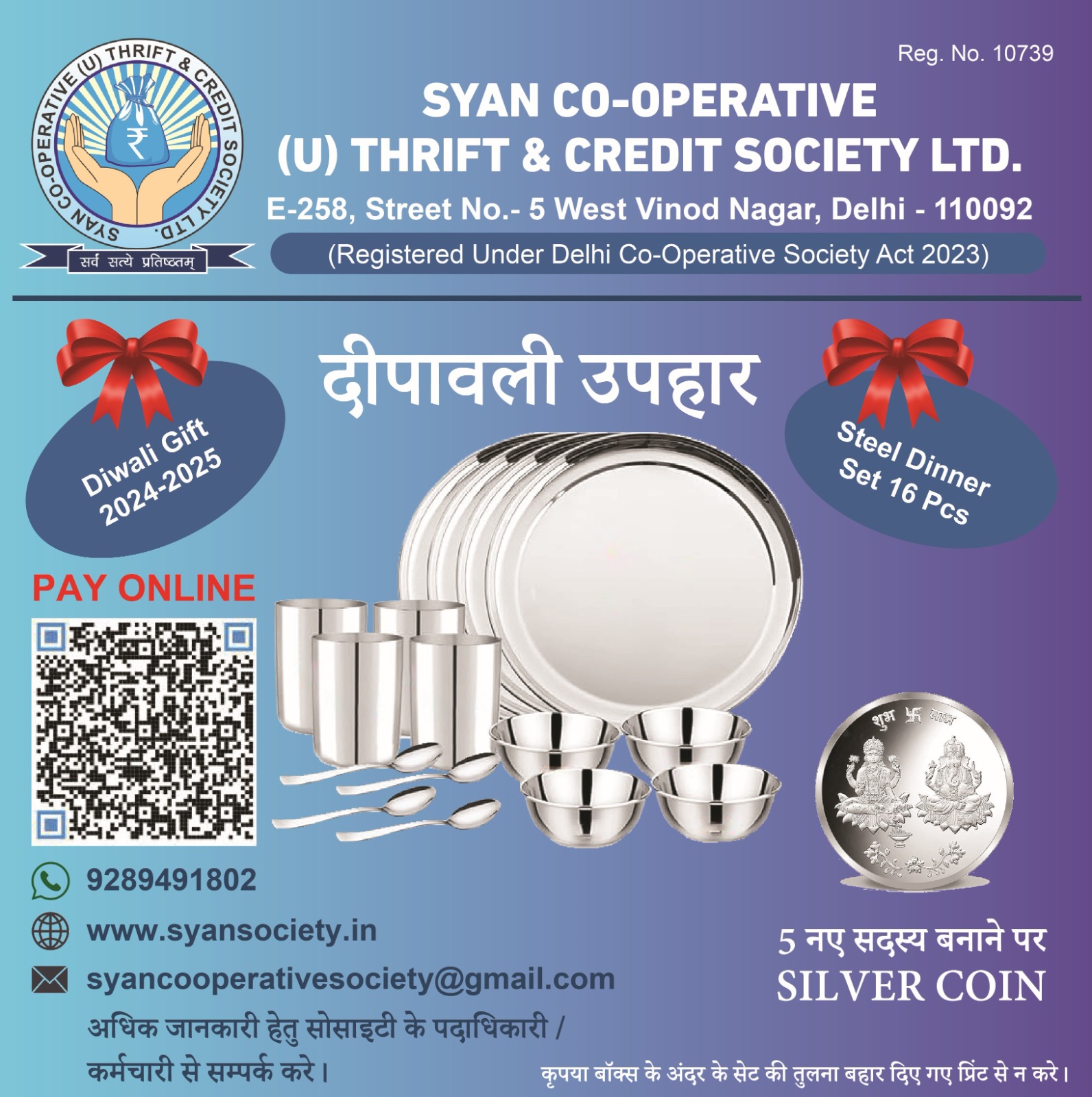Details:
Key Features of a Saving Account:
Deposit and Withdrawal Flexibility:
- Deposits: You can deposit money at any time into your savings account. This can be done through cash, checks, electronic transfers, or direct deposit.
- Withdrawals: You can withdraw money whenever needed, although some accounts may have limits on the number of withdrawals per month (e.g., a certain number of free withdrawals before fees apply).
Interest Earnings:
- Savings accounts typically earn interest on the deposited funds. The interest rate may vary depending on the bank or financial institution, and it could be influenced by economic factors like inflation and central bank interest rates.
- Interest is usually compounded daily, monthly, or annually, which means you earn interest not only on your initial deposit but also on the interest that has been added over time.
Low Risk:
- Saving accounts are considered low-risk investments since the money is stored securely in a bank. Most banks offer deposit insurance (e.g., FDIC in the U.S. or DICGC in India) to protect the account holder’s funds up to a certain limit in case the bank fails.
Liquidity:
- A savings account is highly liquid, meaning you can access your money quickly and easily. This makes it ideal for emergency funds or short-term savings goals, where you might need immediate access to cash.
Minimal Fees:
- Most savings accounts have low or no fees, though some banks might charge fees if the account balance falls below a minimum threshold or if too many transactions are made in a month.
Minimum Balance Requirements:
- Some savings accounts require a minimum balance to be maintained. Failing to meet this balance might result in a fee, or you may not earn interest if the balance is too low.
Types of Savings Accounts:
Regular Savings Account:
- This is the most common type of savings account with basic features. It usually offers a modest interest rate and may require a minimum balance.
High-Interest Savings Account:
- These accounts offer higher interest rates compared to regular savings accounts. They might come with higher minimum balance requirements or restrictions on withdrawals.
Money Market Accounts:
- Money market accounts are a type of savings account that typically offers higher interest rates and may provide limited check-writing or debit card access. They often require a higher minimum balance to open and maintain.
Fixed Deposit/Savings Certificates (FD/Term Deposits):
- While not exactly the same as a traditional savings account, a fixed deposit locks your money for a specific period (e.g., 6 months, 1 year, 5 years) and offers a higher interest rate in return. Early withdrawal may incur penalties.
Online Savings Accounts:
- Offered by online-only banks, these accounts often provide higher interest rates due to the lower operational costs of digital banking. They may not have physical branches, but they offer easy access to funds through online and mobile platforms.
Specialty Savings Accounts:
- Some banks offer accounts designed for specific goals, such as education savings accounts or retirement savings accounts, which may offer tax benefits.
How to Open a Savings Account:
Eligibility:
- Most banks require you to be of a certain age (usually 18 or older) to open a savings account. Minors can open accounts with a legal guardian’s help through custodial or joint accounts.
Documents Required:
- Proof of identity (passport, driver's license, etc.)
- Proof of address (utility bills, lease agreements, etc.)
- Social Security Number or Tax Identification Number (varies by country)
- In some cases, proof of income or employment might be required.
Initial Deposit:
- Some banks may require an initial deposit to open the account, which could range from a nominal amount to a larger sum, depending on the type of savings account.
Account Management:
- You can manage your savings account through online banking, mobile apps, ATMs, and by visiting the bank’s branch. Online tools often allow you to transfer funds, check balances, or set up automatic deposits.
Benefits of a Saving Account:
Interest Income:
- Earn interest on your balance, which can help grow your savings over time.
Safety:
- Savings accounts provide a safe place to store your money with little risk, especially when insured by government-backed agencies.
Easy Access to Funds:
- You can access your money easily for emergencies or planned expenses through various channels, including ATMs, online banking, or in-person at a bank branch.
Budgeting Tool:
- A savings account can help you allocate funds for specific goals, such as buying a house, funding education, or building an emergency fund.
Minimal Costs:
- Unlike other investment options, savings accounts often have few fees and don’t carry market risks.
Considerations When Choosing a Saving Account:
- Interest Rates: Look for the best rates available to maximize your returns.
- Fees: Be aware of any account maintenance fees, ATM fees, or penalties for falling below the minimum balance.
- Account Flexibility: Consider whether the account has any withdrawal or transaction limits.
- Access to Online Tools: Many modern savings accounts come with online and mobile banking features, making it easy to manage your funds.
A savings account is a great option for anyone looking to save money safely while earning some interest. It’s ideal for short-term goals, emergency funds, or simply maintaining easy access to liquid cash while keeping it secure.







